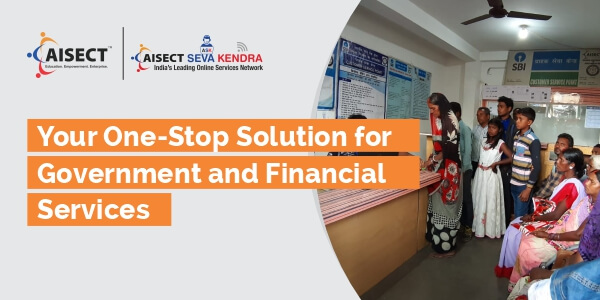Importance of Skills
Do you know that the world will need to reskill more than 1 billion people by 2030 because of technology-led changes in the workplace?
For tasks to be completed successfully, one should have knowledge, ability and competence. These qualities are skills that can be developed to help you gain experience in a specific area of interest. This expertise can translate into greater success in your career and other areas of life.
Skill can be considered a term that encompasses the knowledge, abilities and competencies to perform operational tasks. Skills are developed through work experiences and life and they can also be learnt through study. There are different types of skills and some may be easier to access for some people than others which is based on things like dexterity, intelligence and physical abilities.
Skills can be measured and levels can easily be determined by skill tests. Most of the jobs in the contemporary era, require multiple skills and hence some skills will be more useful for certain professions than others.
There are several skill categories that need to be developed by individuals. Some of the examples of skill types can be job skills, leadership skills, organisational skills and life skills.
The significance of skills
According to estimates by Gartner, 58% of the workforce needs new skills to get their jobs done.
Skill development is crucial as it allows the improvement of qualities and attributes vital to effective workplace performance. By the development of these skills, one can begin their path to personal development which can help in the maximization of one’s potential and one can achieve career goals in record time.
In addition to this, specific skill development can naturally fit into one’s routine and use it to better oneself. It also enables the improvement of your strengths and talents as well as finding fulfilment and satisfaction to advance in your career.
Your skills usually involve traits or qualities that you possess or those that you can acquire or learn through education and training. While these skills differ based on individual objectives and goals, some skills are relevant regardless of the industry:
- Communication
- Interpersonal
- Organisational
- Problem solving
- Self-confidence
- Adaptability
- Integrity
- Work Ethic
- Leadership
Skill development can be defined as the process of acquiring new skills which can either be formal or informal and it is a lifelong process. Skill development plays a crucial role in the contemporary world which is changing fast. Skills are needed to keep up with the changing world as the pace of change is so rapid that people need more skills to compete in the job market and succeed in life.
It is also important to note that the development of skills is vital for social stability and economic growth. Skill development helps people in acquiring jobs in the job market. In addition to that, people with skills find it easier to initiate their own business which helps in tackling the unemployment issue. Development of skills also helps people retain their jobs as organisations that invest in skill development can keep their employees longer while reducing turnover costs like recruiting, and training as well as lost productivity due to higher rate of employee turnover.
Essential Skills for Success
Did you know that 54% of organisations globally are struggling to find skilled workers?
- Communication:
Communication skills involve the ability to read, write, speak and listen. This skill is vital to help you comprehend information from others and convey your ideas to friends and colleagues. Communication can help you delegate duties to various team members and achieve organisational goals as a manager.
- Interpersonal:
One can refer to interpersonal skills as social or people skills as it refers to verbal and nonverbal reactions as well as behaviour during your interaction with others. This skill affects your potential to construct and sustain relationships with others or make a positive impression on them in a particular social situation.
- Organisational:
It helps in the maintenance of a tidy and organized digital or physical space. Organisational skills extend to planning for the future, prioritizing between completing tasks and scheduling your activities. Good organizers can meet deadlines, improve work efficiency and save time.
- Problem-Solving:
It involves your capacity to handle challenging situations. Unplanned circumstances can be considered common in most industries and workplaces. Problem solvers are professionals who remain calm during such situations, assess the situation, analyse available options and identify the most suitable solution for the issue.
- Self-Confidence:
It is the founded belief in your capacity, decisions and actions. It more than often involves an overwhelming but founded belief in your capabilities to complete your tasks while achieving positive results.
Strategies for Skill Acquisition
- • Overcome your fears: Fear can prevent you from achieving your developmental goals. For instance, fear of speaking poorly can prevent you from communicating verbally in public even when the need arises. It is essential to take proactive steps to build confidence and overcome this fear.
- • Believe in yourself: Sufficient confidence in decisions and actions can often encourage others to believe in you. This can help in creating a positive feeling within your workplace.
- • Read: Reading can be considered an effective way to expand your knowledge and gain fresh perspectives on various issues. It can keep you updated and informed about recent community events and expand your vocabulary.
Conclusion
From the above, it can be concluded that skill development is essential for personal as well as professional growth. It not only helps in building your confidence but also enables social stability and economic growth of a country. Job creation is an essential factor that needs to be taken into consideration when talking about the development of skills. There are various skills like communication, interpersonal, problem-solving and organisational which can help you in any situation irrespective of the industry you intend to work for.




